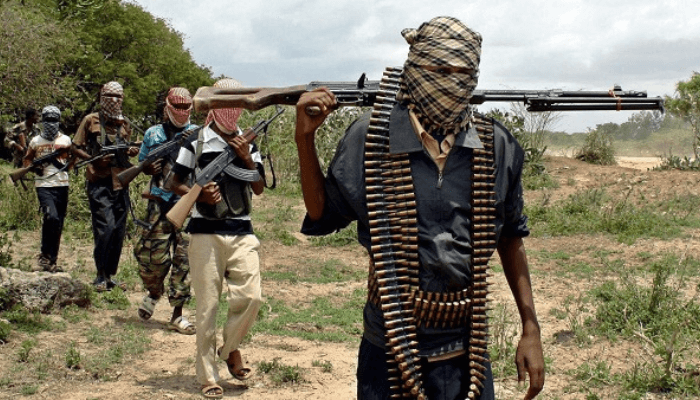In the wake of the emergence of the Lakurawa group in Nigeria, there is growing concern over the complex and perilous dynamics at play in the northern region.
With their radical ideology and violent methods, Lakurawa has quickly become a significant threat to the security of local communities, further complicating an already strained situation that includes Boko Haram, ISWAP, and other insurgent factions.
The group’s activities—ranging from imposing taxes on communities to recruiting youths with large sums of money—are driven by both ideological extremism and an underlying economic context. This context is rooted in poor governance, high unemployment, and political manipulation.
Lakurawa is not just another name on the long list of bandit groups terrorising Nigeria; it represents a reinvention of an old community identity, now hijacked by radicalism.
Reports indicate that the group’s ideological foundations aim to establish an Islamic state in Northern Nigeria, replacing constitutional law with Sharia. This goal echoes the ambitions of other insurgent factions like Boko Haram and ISWAP, which also share a distorted view of Islam and a violent approach to achieving their vision.
However, the rise of Lakurawa is not purely ideological; it is also deeply entangled with Nigeria’s economic struggles and systemic failures.
The group’s recruitment strategy—offering up to N1 million to join their ranks—exploits the dire economic conditions in the region, where unemployment and poverty rates are alarmingly high. In a society where many youths lack access to education and employment, such financial incentives are often enough to lure them into a life of crime and violence.
Equally troubling is the involvement of politicians in exacerbating the region’s insecurity. According to experts like Mohammed Abubakar, a soldier with extensive experience fighting banditry and insurgency, politicians in Northern Nigeria have played a role in fueling banditry for their own economic and political gain. These actors often exploit the region’s natural resources, funding their interests through the chaos created by insurgents. This economic exploitation, masked as a fight for security, highlights how bad governance can deepen the crisis.
While the situation in the North is not without hope, it requires a comprehensive response. Soldiers, intelligence agencies, and local leaders are working hard to combat the violence, but these efforts are unlikely to bring lasting peace unless the underlying causes—poverty, unemployment, and political corruption—are addressed.
Northern governors must set aside their differences and work together to create economic opportunities for their youth. Job creation, improving education, and addressing illiteracy are key steps in reducing the appeal of extremist groups.
The battle is not only military but also ideological and economic. Until the root causes of banditry—poverty, unemployment, poor governance, and political exploitation—are addressed, the North will continue to face insecurity and violence. The time for change is now, and it must come from the very leaders entrusted with the welfare of their people.
The fight against Lakurawa and similar groups is ongoing, and while the military has made progress, addressing the root causes of extremism remains critical for achieving lasting peace.
The government should invest in modern surveillance technologies, such as drones and intelligence-sharing platforms, to more effectively track the movements and operations of the Lakurawa group. Additionally, increasing the presence of security personnel in vulnerable areas like the Tsauni forest, where the group is reported to have established bases, is crucial.
Moreover, the government should consider initiatives for job creation and vocational training for young people in the North. Investments in industries, agriculture, and small businesses can provide alternative sources of income, reducing the financial lure of extremist groups.
Further investment in both formal and informal education systems is essential, with a special focus on providing quality education in rural areas, where illiteracy rates are higher. Establishing madrassas that offer both Islamic and Western education could serve as a balanced alternative to extremist teachings.
The focus should be on creating opportunities for young people and providing them with the tools to resist extremist ideologies. Only by addressing the socio-economic and political factors at play can Nigeria hope to stem the tide of insurgency and banditry.

